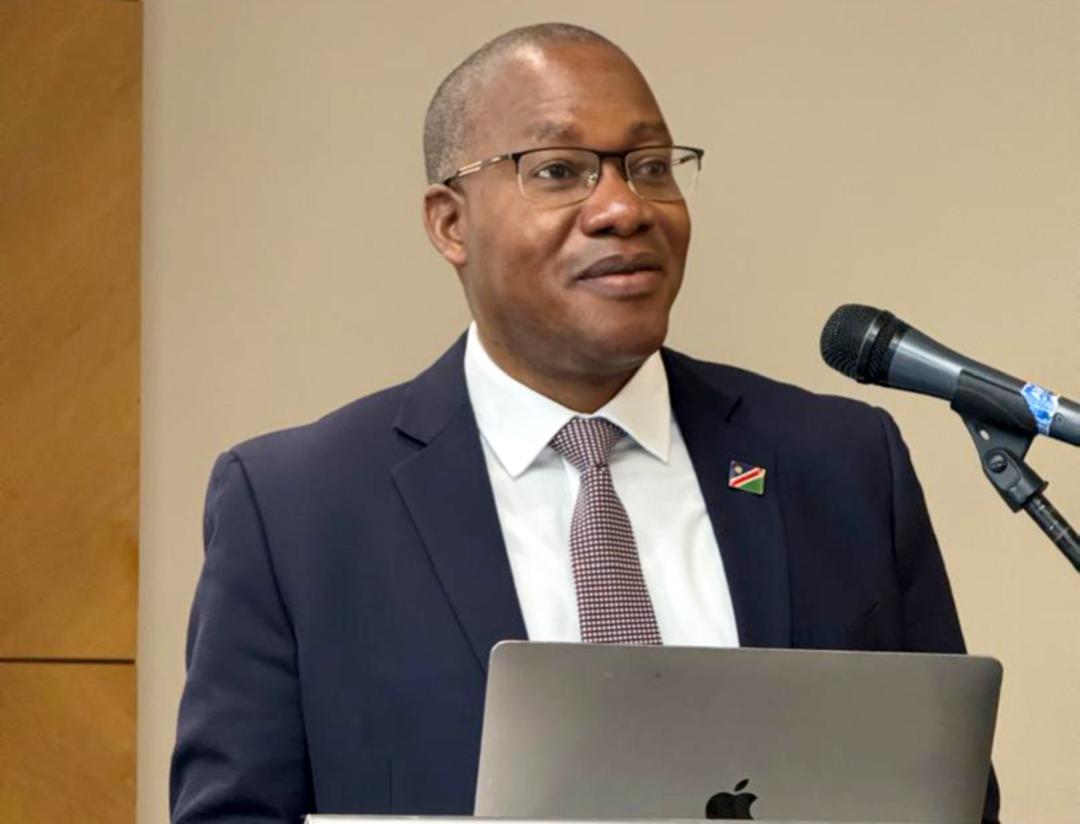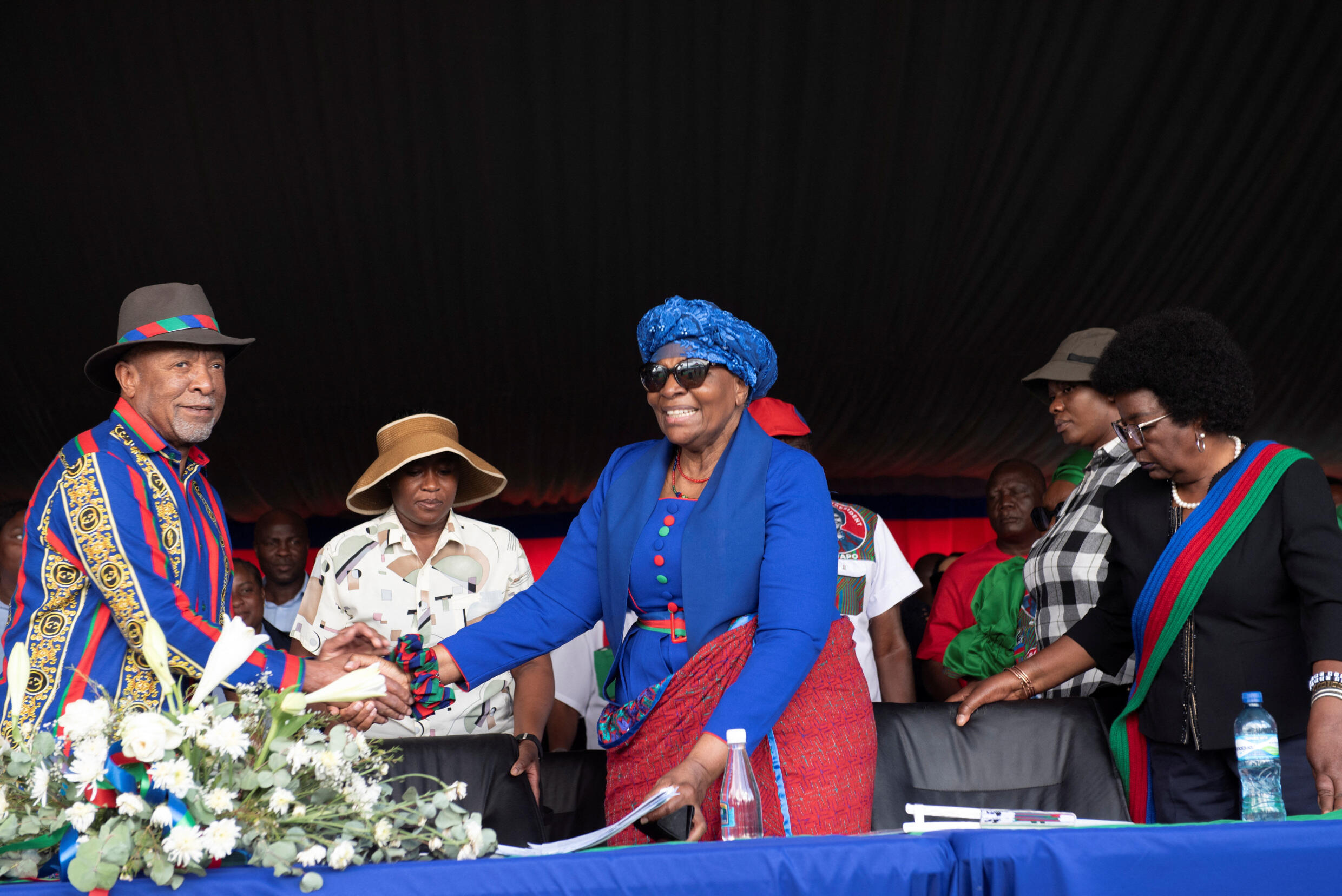The Ministry of Health and Social Services opened the two-day stakeholders’ meeting on Tuesday to deliberate on the next steps in Namibia’s fight against infectious diseases.
The Sustainability Roadmap meeting is focused on better ways to fight HIV-AIDS, tuberculosis (TB), malaria and hepatitis.
According to health ministry executive director Ben Nangombe, the meeting aims to finalise the National Operational Plan (NOP) and the Sustainability Roadmap that will be aligned with the National Strategic Framework (NSF).
“Just under a week ago, we congregated to discuss the development and compilation of the NOP and the Sustainability Roadmap. Our gathering here today is a continuation of the work that has been ongoing.”
He expressed optimism regarding the progress made so far and commended the team of consultants who have played a crucial role in the process.
Nangombe emphasised the importance of understanding the meaning of sustainability, highlighting that it is not about donor support ending but rather ensuring a sustained health response in Namibia.
“Sustainability is about designing and implementing strategies that will propel us towards achieving universal health coverage by 2030,” he added.
The meeting brought together key stakeholders from various sectors, including government officials, representatives from UN agencies, civil society and health experts, to deliberate on the next steps in Namibia’s fight against infectious diseases.
The NOP and the Sustainability Roadmap are seen as critical tools to operationalise the NSF, guiding Namibia’s health response strategies towards achieving epidemic control.
“Namibia has made commendable progress in curbing the spread of infectious diseases like HIV-AIDS, tuberculosis and malaria.
“We have witnessed significant forward movement in achieving the goals articulated in the NSF, thanks to the invaluable support from our development cooperation partners and civil society organisations,” said Nangombe.
He cited the country’s recent achievements toward the UNAIDS 95-95-95 targets, which reflect significant strides in the HIV response, with 94% of HIV-positive individuals in Namibia knowing their status, 97% on antiretroviral therapy and 93% having reached viral suppression.
Despite the progress, Nangombe acknowledged that gaps remain, particularly in service delivery to vulnerable groups.
“To effectively bridge these gaps, it is imperative that we sustain the gains and push forward with renewed vigour, innovation, and creativity,” he said.
Stay informed with The Namibian – your source for credible journalism. Get in-depth reporting and opinions for
only N$85 a month. Invest in journalism, invest in democracy –
Subscribe Now!






